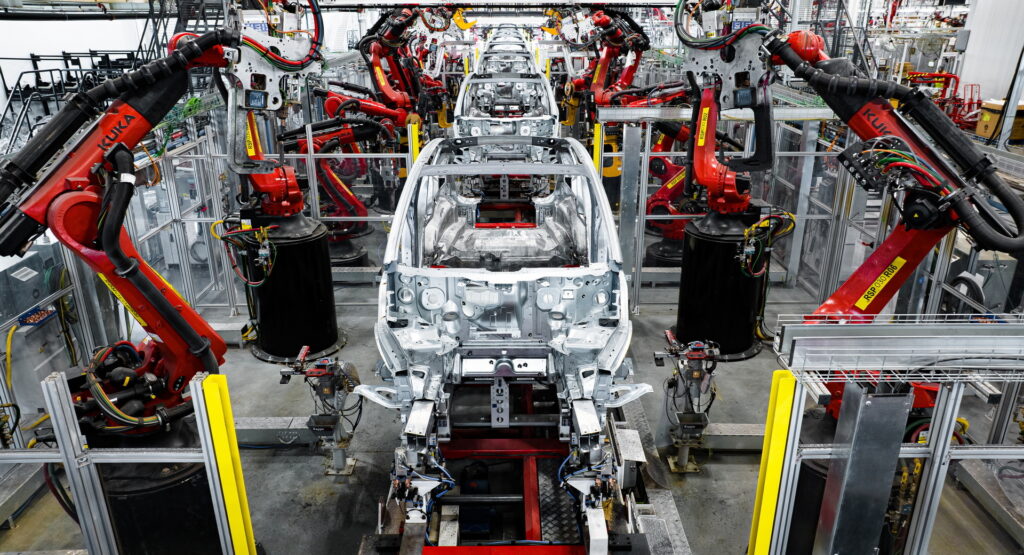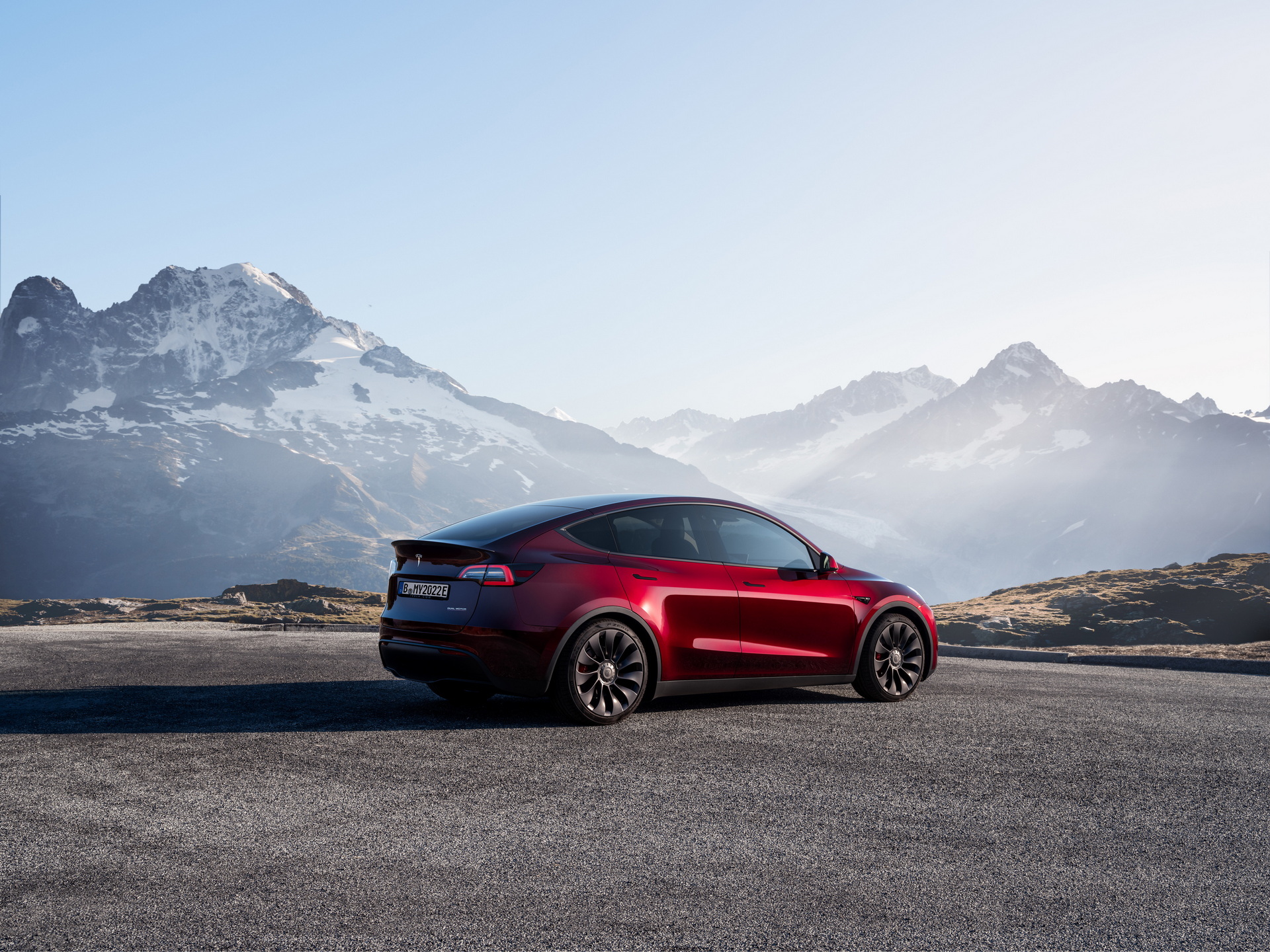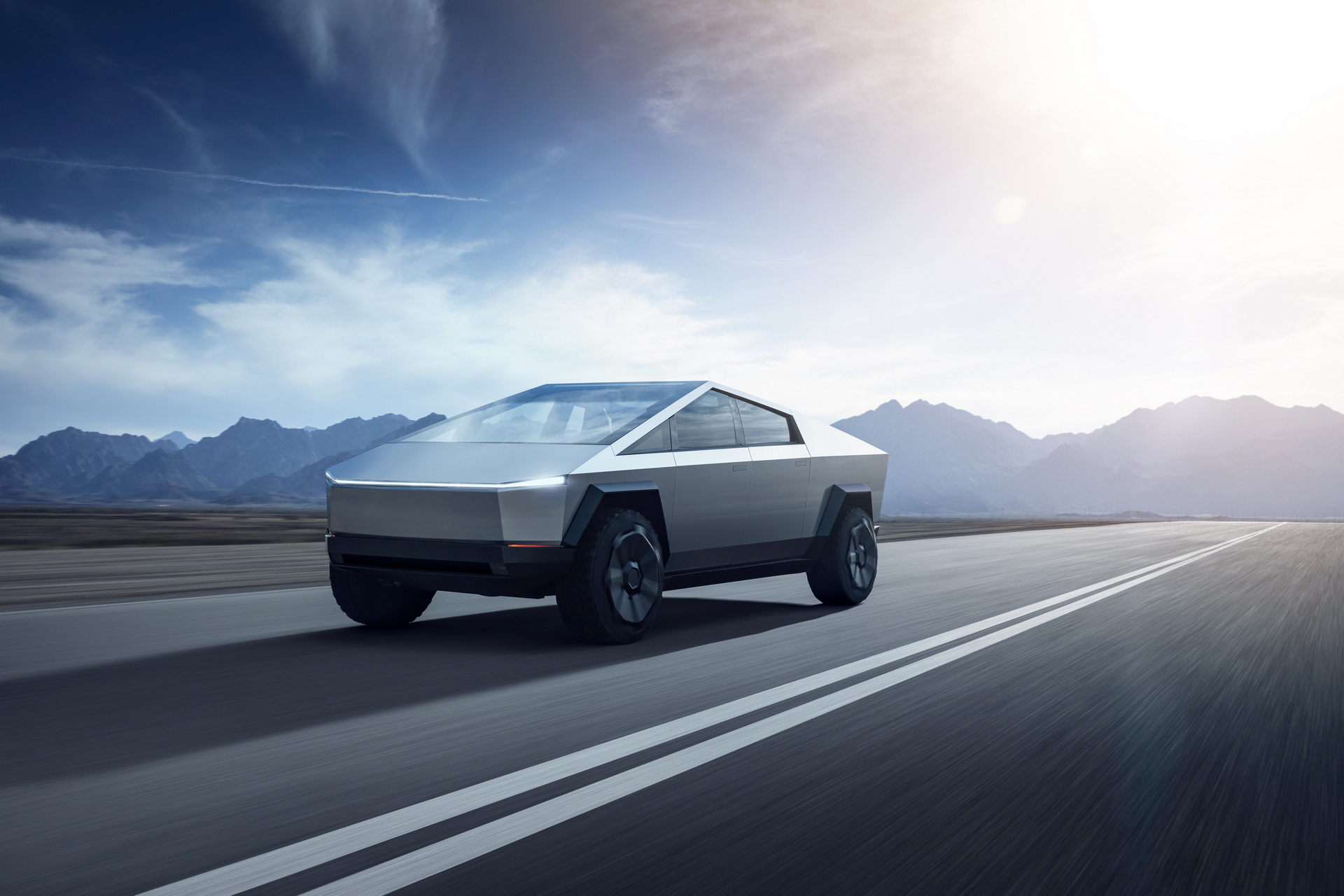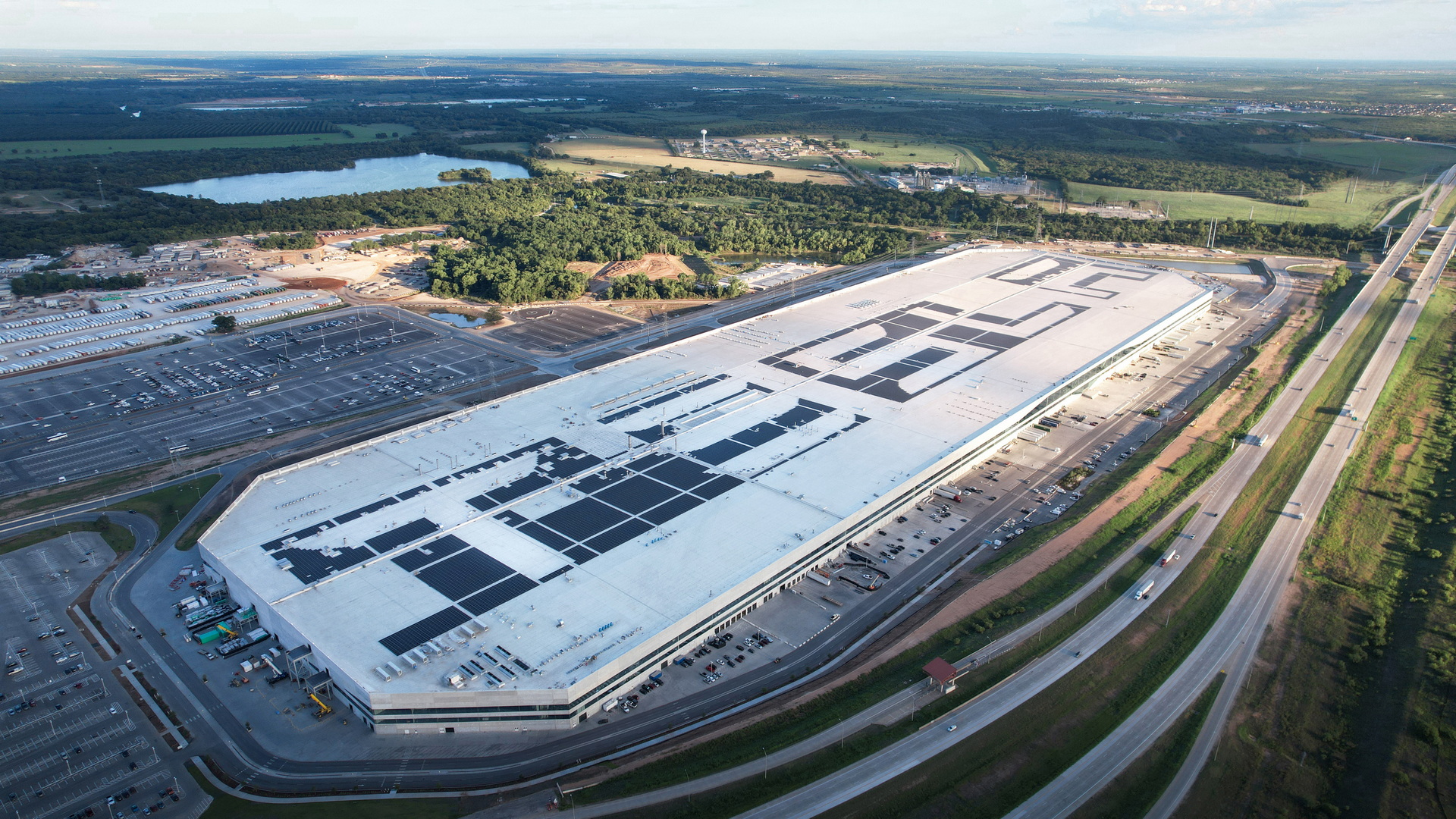Tom Zhu, a longtime Tesla employee who oversaw the construction of the automaker’s gigafactory in Shanghai, will reportedly be brought in to help bring the company’s factory in Texas up to speed.
Zhu is currently in Austin, visiting the factory, and has brought with him a group of engineers from his team in China to assist him in overseeing the acceleration of production at the factory, sources who asked to remain nameless told Bloomberg.
The executive is currently the head of Tesla’s Asia Pacific operations, and has been with Tesla since 2014, first joining the company to help it build its Supercharger network. It is not clear how long Zhu will be staying in Austin, nor whether he will retain his duties in Asia.
Read: “Total Chaos” At Berlin Gigafactory As Tesla Struggles To Hire And Retain Staff
The executive’s arrival in Texas, though, coincides with efforts to increase output at the factory. Currently the U.S. hub for production of the popular Model Y crossover, it will also be the future home of production for the Cybertruck.
Tesla initially intended to introduce its new, larger 4680 lithium-ion battery cells on Model Ys coming out of the factory. CEO Elon Musk referred to the project as a “money furnace,” though, and the vehicles are currently being produced with the brand’s old-fashioned battery cells instead.
The move also comes as Musk has admitted that he has “too much work.” The CEO recently made headlines by buying Twitter for $44 billion, and is also running SpaceX, The Boring Company, and Neuralink Corp., in addition to Tesla.
Read: Elon Musk’s The Boring Company Leaves Cross-Country Trail Of Broken Promises, Undug Tunnels
That divided attention has been a cause for concern, and has weighed on Tesla’s stock, which helps fund Musk’s ventures. The automaker’s share prices are down about 50 percent this year. Bringing in an executive from China, though, may also help solve what he views as an issue at his companies.
Musk has praised Tesla’s Chinese employees, saying they burn “the 3 am oil” and accusing American workers of “trying to avoid going to work at all,” arguably shifting the blame for his own habit of promising more than can reasonably be delivered onto his employees.
He famously mandated that Tesla’s workers return to the office or face termination during the pandemic, and reportedly told Twitter’s remaining employees to work long hours or leave after taking over.











